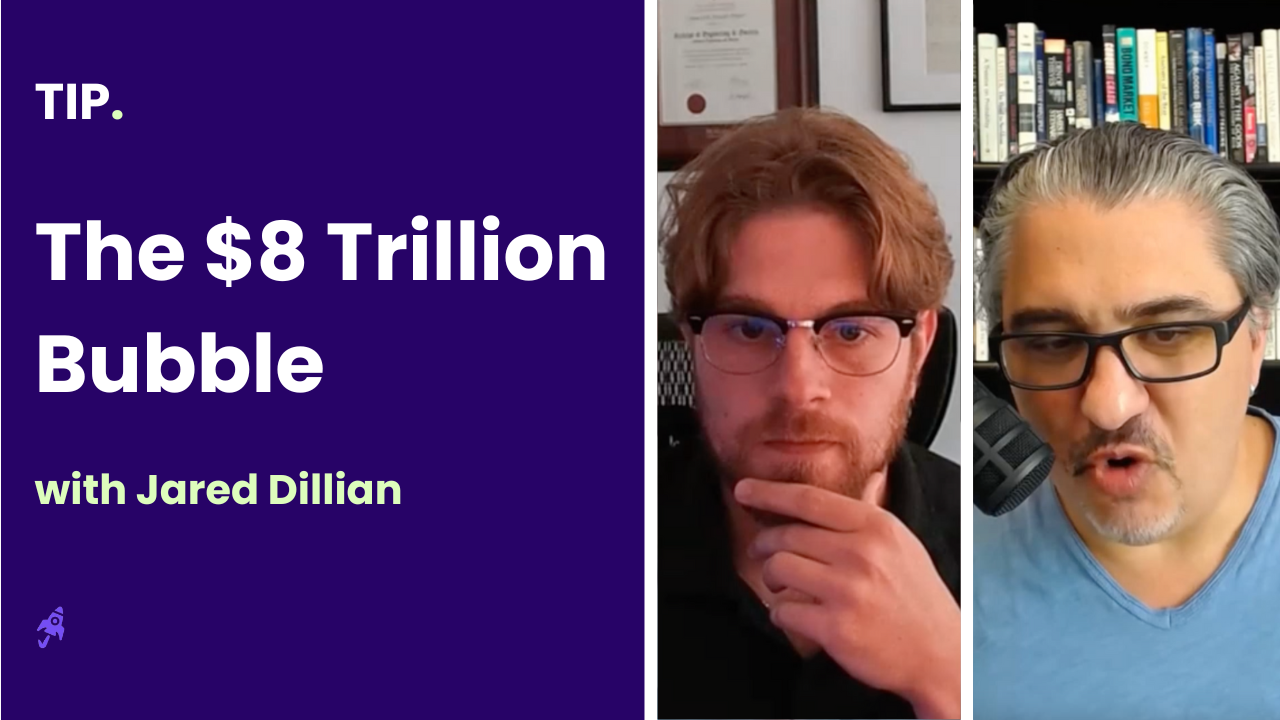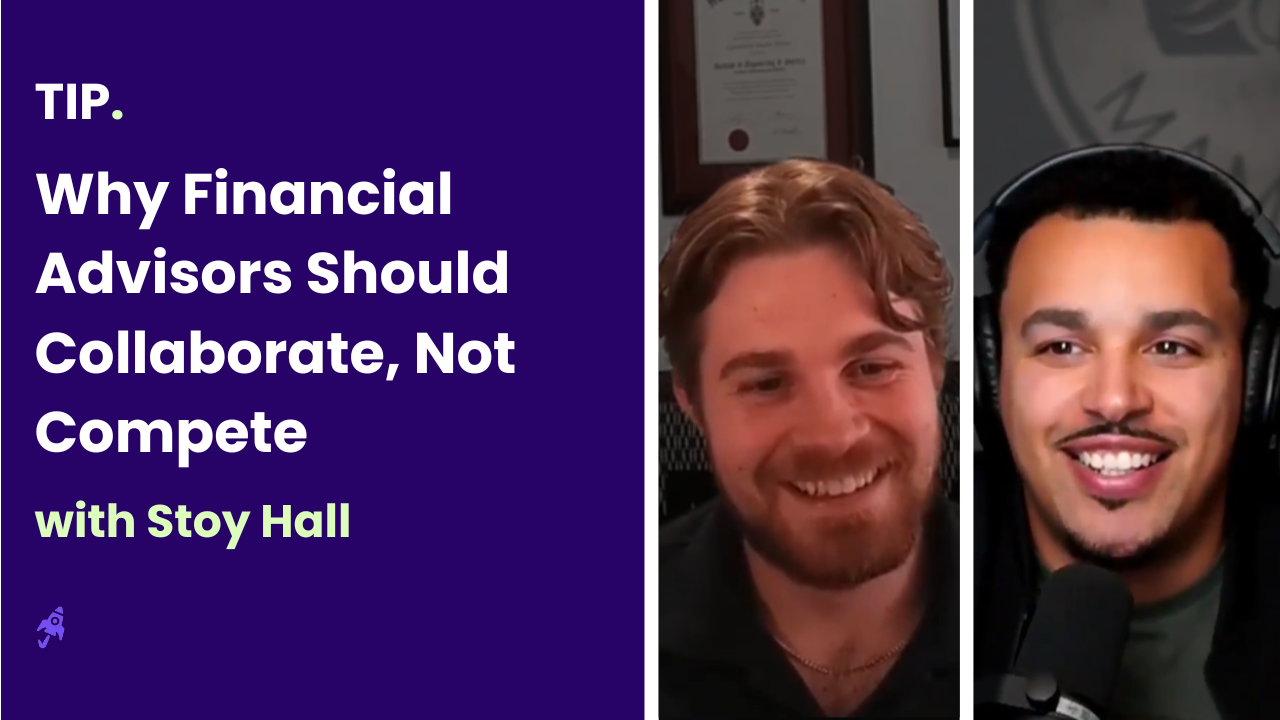Financial Literacy for Kids and Teens with Liz Frazier
Financial Literacy for Kids and Teens with Liz Frazier
About This Episode
Liz Frazier is a financial planner, author of "Beyond Piggy Banks and Lemonade Stands" and a strategic advisor to Copper Bank, a digital bank for teens. She’s recognized by Investopedia as a Top 100 Financial Advisor and is fiercely dedicated to promoting financial literacy from an early age.
In this episode, Liz shares valuable tips for parents on introducing money management concepts to kids and teens. We discuss the importance of hands-on experiences, how to handle allowances and credit cards, and preparing the next generation for financial success.
Please enjoy our conversation with Liz Frazier.
More Episodes
Other conversations from The Investipal Podcast
See Investipal in Action
Curious how Investipal can help accelerate your firm's growth? Chat with one of our solution experts.
Schedule a Demo

